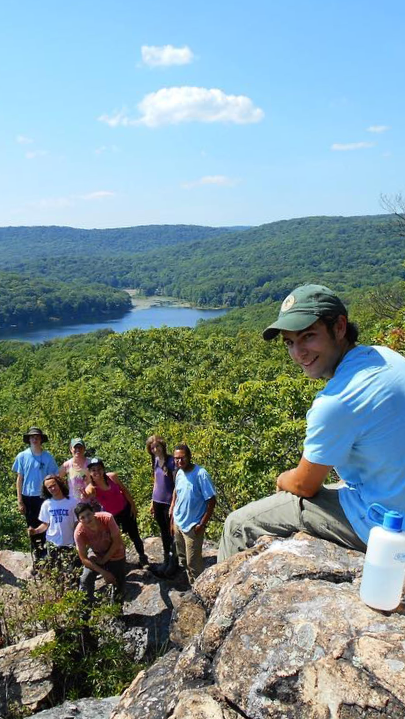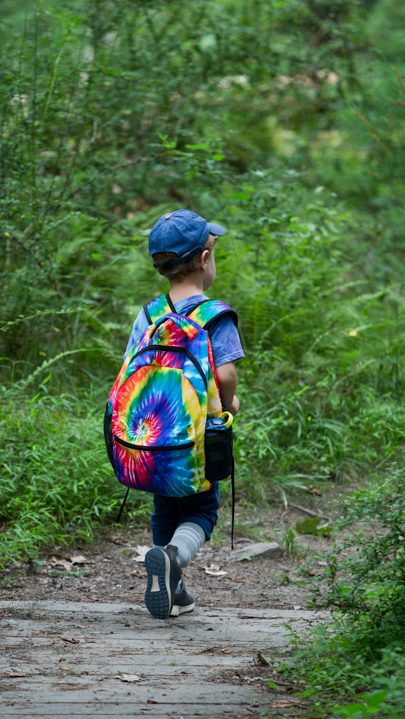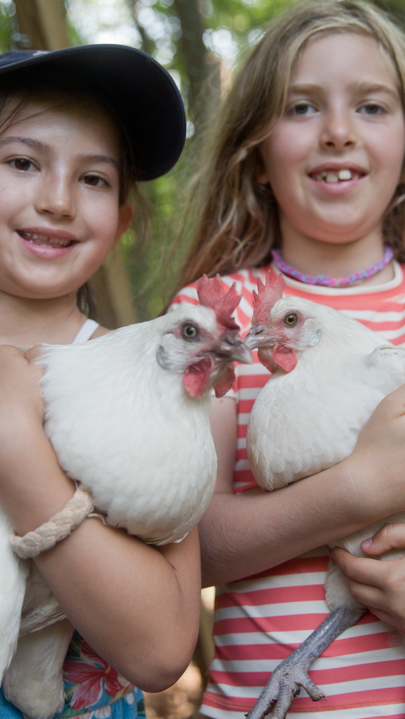Wild Superfoods
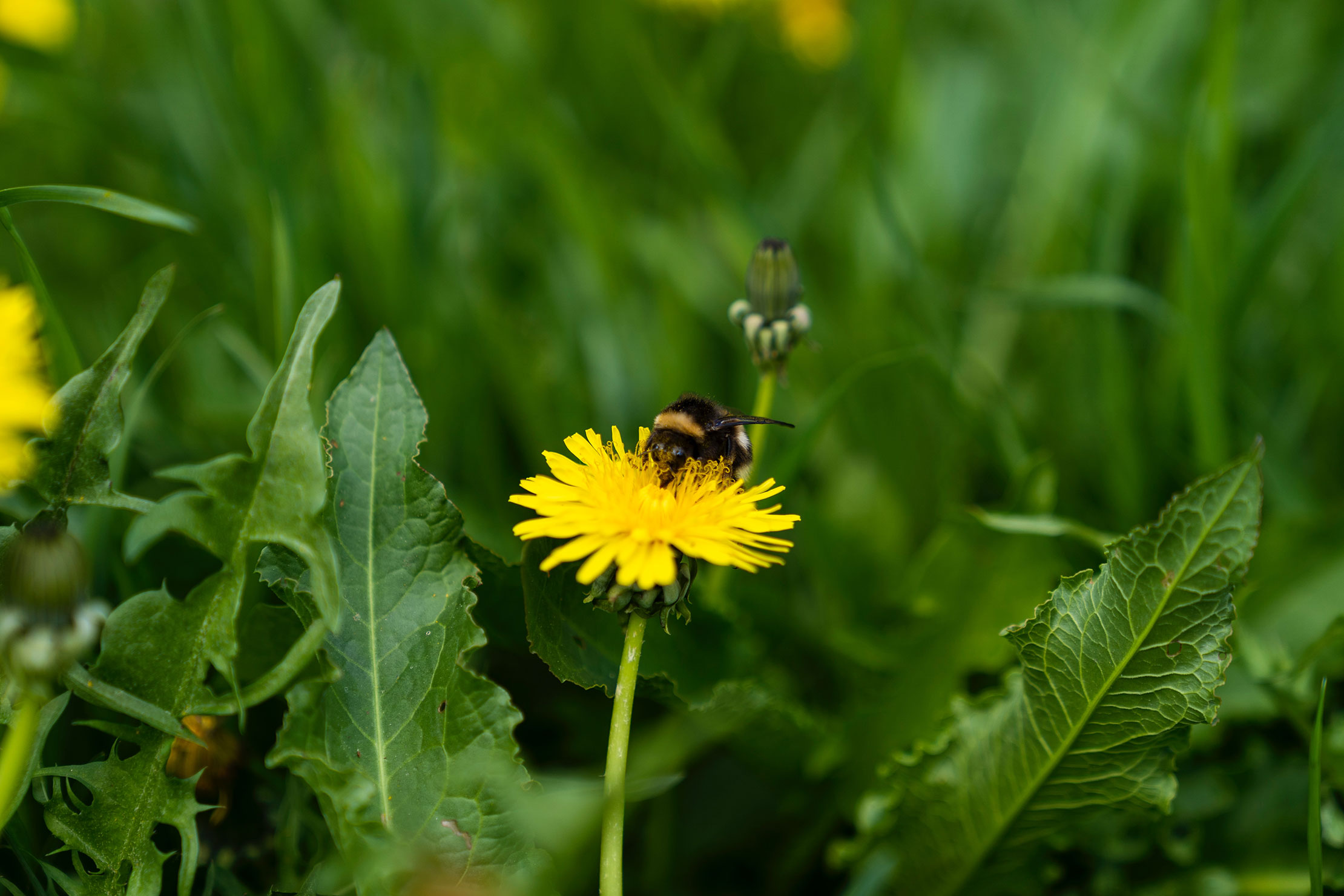
Wild food forager Paul Tappenden shows us what’s wild and edible in our area.
Like most of us, I always look forward to May, when the world is filled with color and fresh growth. This month is a forager’s dream come true, where the woods and fields turn into a smorgasbord of wild foods. Not only are they fresh, delicious and abundant, but they are some of the most nutrient packed foods available anywhere. I see many articles written about superfoods from all the exotic corners of the planet. They come fresh, dried and in pill forms to supplement our somewhat questionable diets, but tend to be prohibitively expensive and inaccessible to most of us. Yet we have many power-packed superfoods growing on our own doorsteps that we step over (or on) every day. In fact, in many cases we go out of our way to remove or kill them. It really doesn’t make a lot of sense to me. That’s why I do all I can to inform people that these amazing plants exist and can be easily incorporated into our daily diets.
Many of these foods have been shown to prevent and even reverse chronic diseases, and have been used used to do so for thousands of years. Even today many cultures regularly include plant extracts in many disease treatment protocols.
As many of you are aware, food and medicine are the same thing, when used wisely. Many wild species serve both these purposes. They are available for us to help keep our lives balanced, if only we have the wisdom to see what they are telling us. Some of the edible plants with medicinal uses that are available this month include: Garlic mustard, Pepperweed, Ramps, Stinging nettles, Plantain, Watercress, Dandelion, Lambsquarters, Bamboo shoots, Pokeweed and Field garlic.


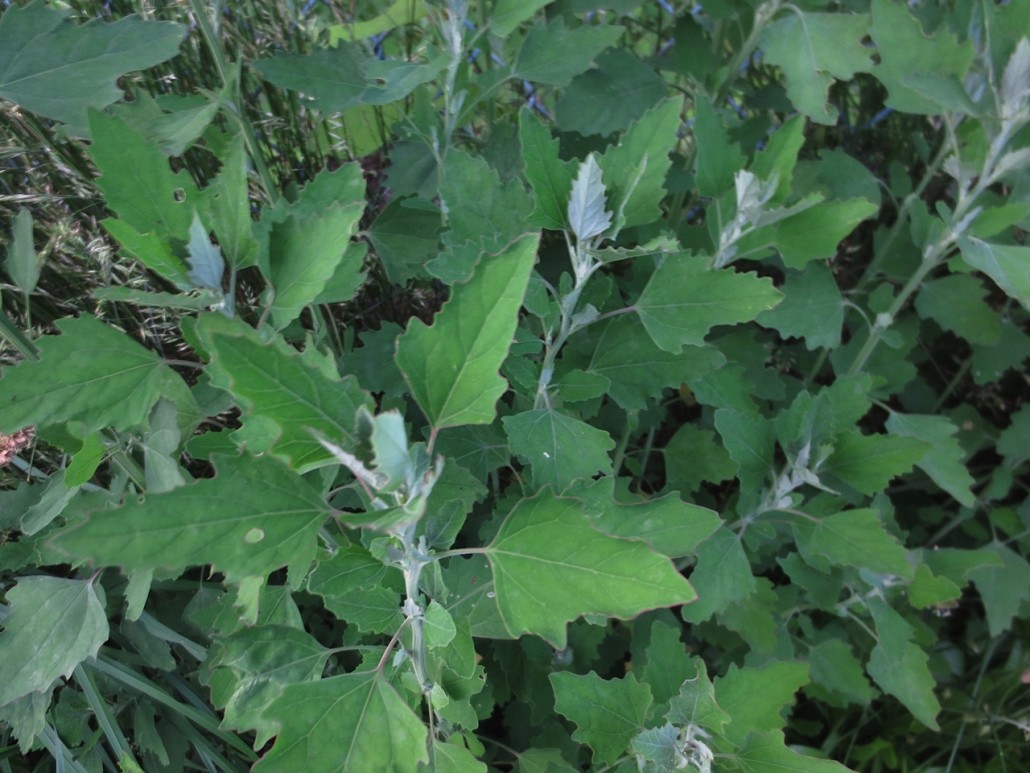
Paul Tappenden is the Rockland Forager. He leads identification walks once a month in our area. You can follow daily posts on Paul’s Facebook page (Rockland Forager) to discover more plants as they come into season, and how they can be prepared and used. See regularly updated blogs, videos, events, and what Paul and other foragers, herbalists, and naturalists are up to: www.suburbanforagers.com.

